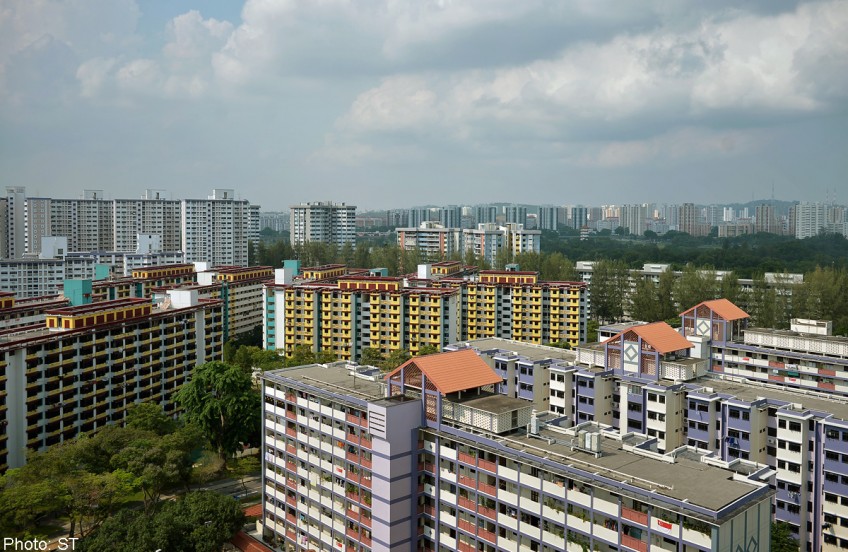HDB gets powers to enter flats for checks

NEW laws that give Housing Board officers the power to enter HDB flats to check on flaws like ceiling leaks or do repairs were passed in Parliament yesterday, but they would be used only as a last resort, Minister of State for National Development Desmond Lee assured MPs.
Officers can force their way in without a court warrant "if, and only if, there is imminent danger to public safety or health, and time is of the essence, and HDB has no other means of entry to the flat", he said.
Mr Lee stressed this point when rounding up the debate on amendments to the Housing and Development Act.
The changes were in three broad areas: powers for its officers to enter a flat without a court warrant when its owners or tenants make unauthorised structural changes; get a warrant to enter a flat whose residents persistently refuse to co-operate in fixing urgent problems; and enter a flat with a warrant to investigate whether the owners breached their lease agreement with the HDB.
While MPs support the changes, they worry about possible abuse of the new powers.
Mr Gan Thiam Poh (Pasir Ris-Punggol GRC) and Non-Constituency MP Lina Chiam asked when the HDB could enter a flat without a warrant.
Mr Lee said the most likely situation would be when walls and columns critical to a building's structural integrity are demolished.
Such cases are rare. In the last three years, there was an average of five cases of unauthorised demolition of structural walls and columns each year.
But each was a cause for concern, he stressed. Citing a Bishan home owner who removed part of a structural column without a permit, Mr Lee said the HDB must be able to intervene quickly in situations where there are severe risks to life and property.
The "last resort" approach also applies to less urgent cases like ceiling leaks. Officers will get a court warrant as a last resort "when the upper-floor neighbour is clearly unreasonable", he said.
Indeed, if neighbours are considerate, the HDB would not need to invoke these powers, he added.
But the powers could significantly reduce the time taken to resolve a small number of protracted ceiling leak cases. There were about 30 serious cases last year, in which upper-floor neighbours refused to co-operate despite repeated appeals, Mr Lee said.
Before getting a warrant, the HDB would give the owners or occupiers at least 24 hours' notice.
Three MPs, including Ms Lee Bee Wah (Nee Soon GRC), asked for a longer notice period.
Mr Lee said no, adding that 24 hours is enough as these cases would have gone on for a while.
Mr Gan and Nominated MP Mohd Ismail Hussein warned of possible impersonation of officers. Mr Lee said residents can call HDB hotlines to verify an officer's identity, while the HDB will work with the police and grassroots organisations to educate residents on ways to guard against imposters.
Similarly, officers armed with court warrants can enter flats to check whether the owners have breached the lease by, say, illegally subletting their flats or turning them into gambling dens.
Previously, they could not enter as long as the owners refused them entry.
In summing up, Mr Lee said: "It's important the HDB be given appropriate powers to... ensure a safer and more pleasant living environment for all."
rachelay@sph.com.sg
yeosamjo@sph.com.sg

This article was first published on April 14, 2015.
Get a copy of The Straits Times or go to straitstimes.com for more stories.